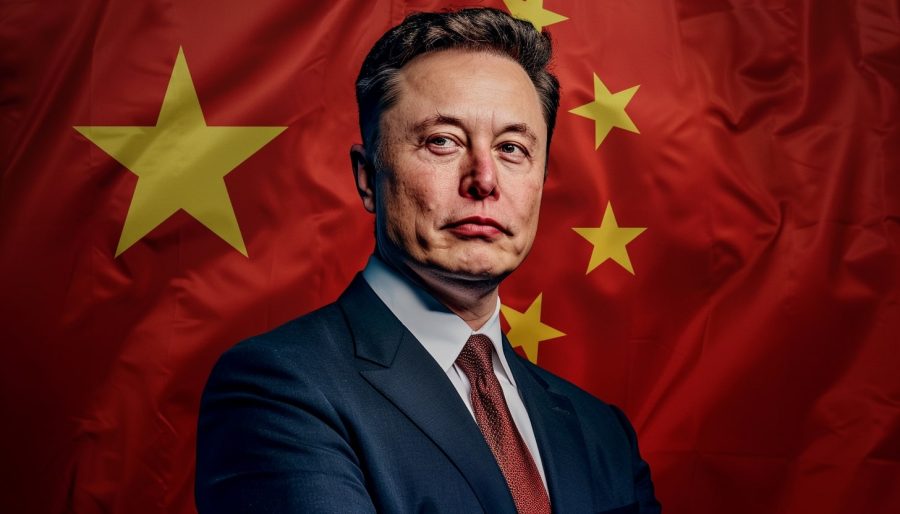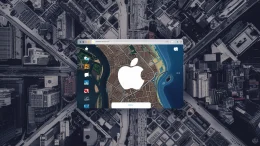Tesla has cleared key regulatory obstacles that had previously hindered the rollout of its self-driving software in China. This progress sets the stage for a favorable outcome following Elon Musk’s unexpected visit to the U.S. automaker’s second-largest market.
The American automaker will reportedly be able to implement its autonomous driving services using lane-level navigation and mapping supplied by Baidu Inc., according to sources cited by Bloomberg. The Beijing-based internet company is among roughly 20 accredited suppliers possessing the essential module for self-driving functionalities.
The move comes as the Tesla CEO landed in the Chinese capital on Sunday (April 28), where discussions were expected regarding the implementation of Full Self-Driving (FSD) software and the authorization for transferring driving data overseas, as informed by a source familiar with the situation.
The billionaire’s visit, which included a meeting with Chinese Premier Li Qiang, took place just over a week after he canceled a scheduled trip to India to meet with Prime Minister Narendra Modi, citing “very heavy Tesla obligations.”
Reuters reported that Tesla finalized an agreement with Baidu to use the Chinese tech company’s mapping license for data collection on public roads in China. They characterized this as a pivotal step for the introduction of Full Self-Driving (FSD) in the country.
Tesla also satisfied a major data security and privacy prerequisite in China, as reported by the China Association of Automobile Manufacturers. This achievement is expected to alleviate some of the concerns surrounding Tesla’s data security.
Since 2021, Chinese regulators have required that Tesla store all data gathered by its Chinese fleet in Shanghai, preventing the company from transferring any data back to the United States.
Tesla and the Chinese automaker market
Tesla has been battling with BYD for supremacy in the world’s largest auto market, despite losing its spot as the largest global electronic vehicle provider in the fourth quarter of 2023.
Tesla sold more than 1500 EVs, on average, across all of its Chinese stores up to October 2023 according to data from China Merchants Bank International. This represents an increase for the same period the previous year, up from 1300.
While Baidu unveiled its own totally self-driving car in August 2016. However, it missed several deadlines, and as a result, it has yet to come to fruition.
Featured image: Midjourney

















